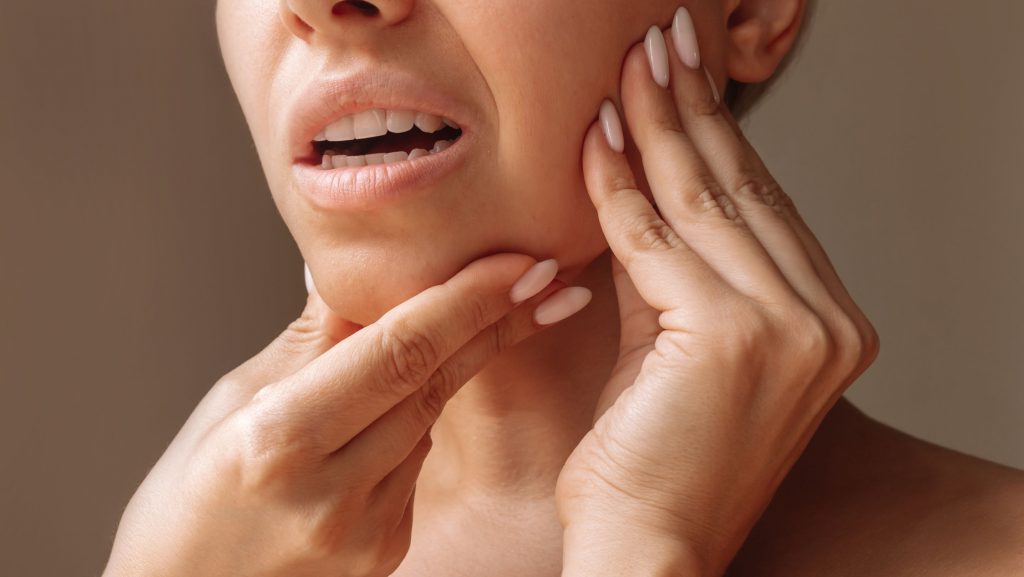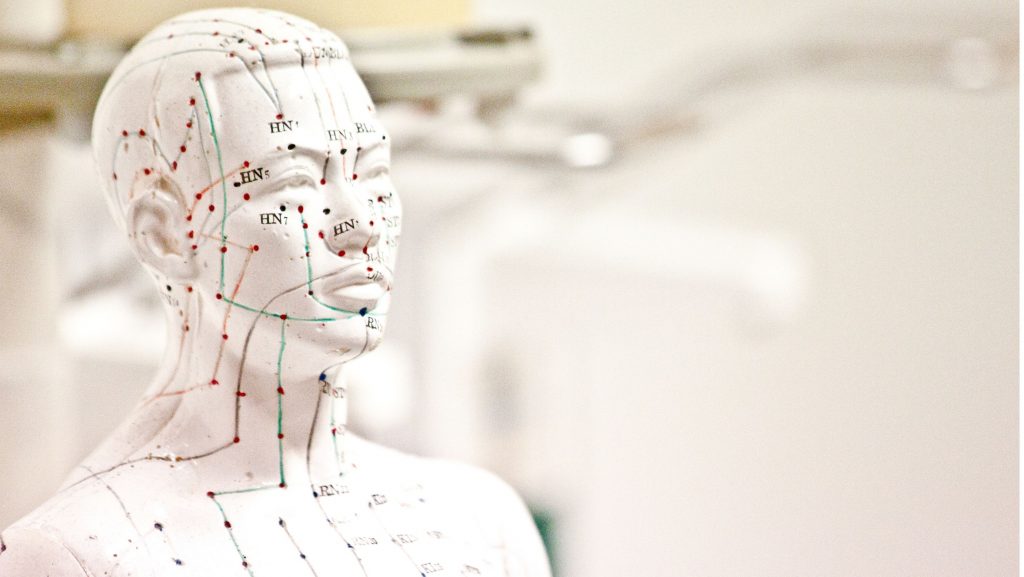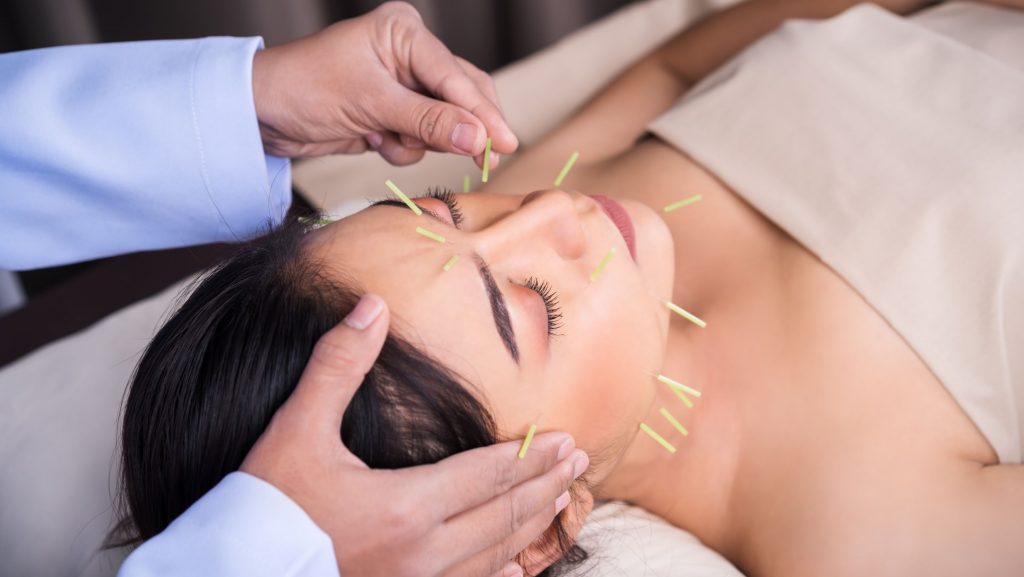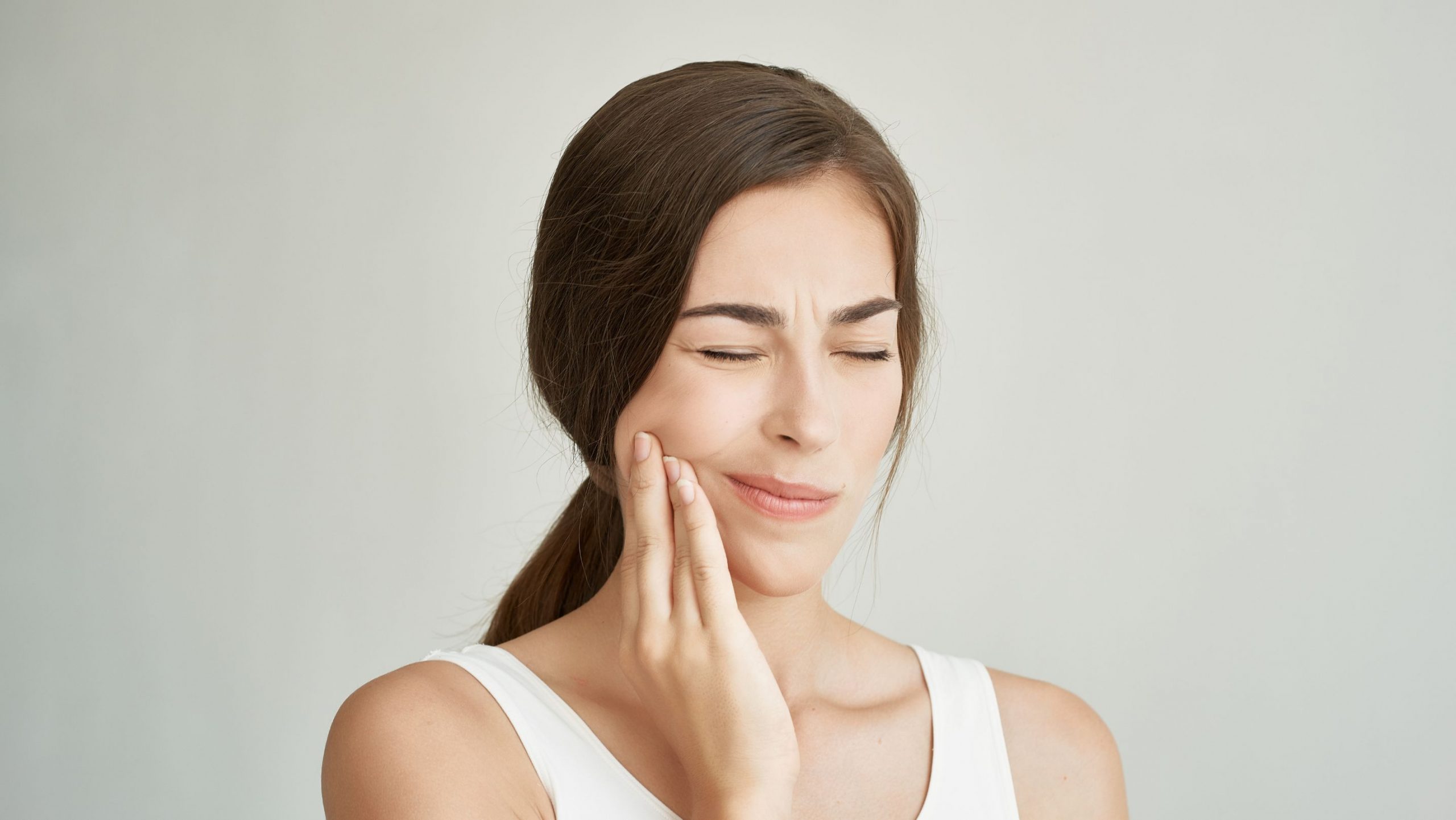Healing TMJ Naturally with Acupuncture
Temporomandibular joint (TMJ) disorders, also called TMDs, are quite common in adults, affecting between 5% and 12% of people overall. However, up to 75% of adults may show signs of joint problems, and up to a third may have symptoms. TMJ disorders are twice as likely in women compared to men.
At Shen Medicine, we understand the discomfort that TMJ can bring, and we’re here to offer you a gentle, effective approach to finding relief.

Understanding TMJ Through the Lens of Chinese Medicine
In Chinese Medicine, health is viewed as a harmonious balance of Yin and Yang energies. It is also viewed as the smooth flow of Qi throughout the body’s meridian pathways. TMJ is a disruption of this balance, often stemming from several underlying causes:
- Qi Stagnation: Stress, anxiety, and emotional tension can disrupt the smooth flow of Qi. This can lead to stagnation in the meridians that traverse the jaw and face. This stagnation can manifest as tightness, spasms, or pain in the jaw muscles.
- Yin-Yang Imbalance: An imbalance between Yin (cooling, nourishing energy) and Yang (warming, active energy) can affect the jaw joint. For instance, excess Yang can result in heat accumulation and inflammation. Deficiency of Yin can lead to dryness and weakness in the muscles and tendons around the jaw.
- Dampness and Phlegm: Dampness and phlegm are considered pathogenic factors that can obstruct the flow of Qi and blood. When dampness accumulates in the body, it can lead to swelling, heaviness, and a sensation of fullness in the jaw area. Phlegm, on the other hand, can manifest as a thick coating on the tongue, along with congestion and discomfort in the throat and neck.
- Liver Qi Stagnation: The Liver is responsible for the smooth flow of Qi throughout the body. When Liver Qi becomes stagnant due to emotional stress or frustration, it can lead to tension and tightness in the jaw muscles.

How Acupuncture Can Help
Acupuncture involves the insertion of thin, sterile needles into specific points on the body to stimulate Qi flow and restore balance. For TMJ, acupuncture can:
- Relieve Muscle Tension: By targeting acupuncture points along the meridians that correspond to the jaw and face, acupuncture helps release tight muscles and reduce pain.
- Promote Relaxation: Many people find acupuncture deeply relaxing, which can help alleviate stress and tension contributing to TMJ symptoms.
- Restore Qi Flow: By addressing the underlying Qi stagnation or imbalance, acupuncture supports the body’s natural ability to heal.




